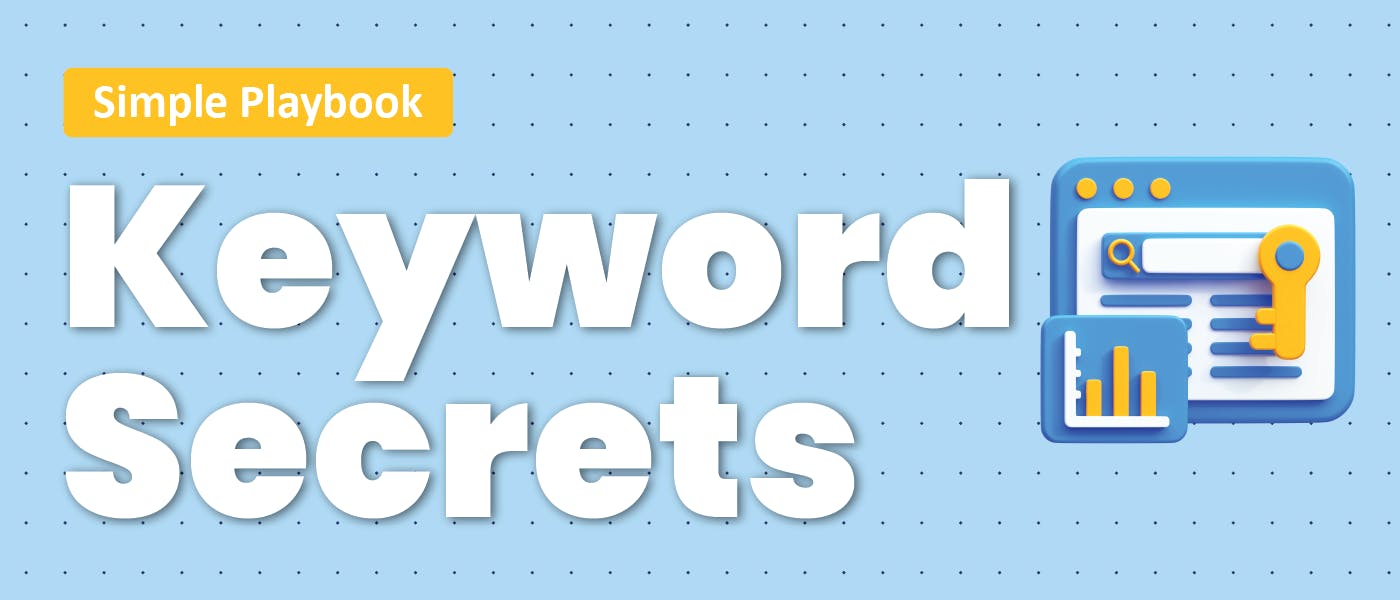You don’t need expensive SEO tools to find high-ranking keywords.
Most paid tools? They give everyone the same data.
If a keyword shows up as "low competition" in Ahrefs or SEMrush, guess what → You’re already late to the party.
I’ve ranked dozens of affiliate site with nothing but free tools, intuition, and manual digging.
No backlinks. Just strategic targeting.
Here’s the playbook.
- Amazon Knows What People Actually Want
- Dig Up Buried Keywords From Affiliate Graveyards
- Reddit and YouTube Comments = Untapped Keyword Gold
- he 1-Page Rule (How to Know It’s Worth Targeting)
1. Amazon Knows What People Actually Want
Forget keyword difficulty scores. Amazon autocomplete is a direct window into purchase intent.
Here’s what to do:
- Start typing a product: “noise-canceling headphones”
- Let Amazon suggest variations
- Add intent modifiers:
-
“noise-canceling headphones for studying”
-
“noise-canceling headphones with long battery life”
-
“best noise-canceling headphones under $100”
-
These aren’t just searches: they’re buying decisions in real time.
Now, cross-check Google. If the top results are weak (forums, low-quality blogs, outdated posts), you’ve found a low-competition goldmine.
2. Dig Up Buried Keywords From Affiliate Graveyards
Want to find keywords that should’ve ranked but didn’t?
-
Find a niche affiliate site.
-
Check their sitemap.
-
Skip the high-traffic pages—scroll straight to the ones getting 0-10 visits/month.
These are pages someone wanted to rank for, but either abandoned or failed.
Your job? Do it better.
-
Sharper headline
-
Clearer intent
-
Better formatting
-
More visuals
-
Stronger skimmability
I’ve taken “dead” keywords and ranked them in a week just by making them easier to consume.
3. Reddit and YouTube Comments = Untapped Keyword Gold
Forget keyword planners. Real people ask real questions on Reddit and YouTube.
Here’s how to mine them:
- Search Reddit:
site:reddit.com “best [product] for” - Sort by recent. Look for posts where people say: “I’m looking for X but I need it to do Y”:
-
“I need a gaming mouse that works well for big hands”
-
“Looking for a standing desk that fits in a small apartment”
-
Now, check Google.
- If no blog has covered that exact phrase? Jackpot.
Same thing with YouTube:
- Find a popular product review
- Sort comments by Newest or Top
- Look for buyer concerns:
-
“Will this work for people with arthritis?”
-
“Does this fit a MacBook Pro?”
-
“Looking for a wireless version with the same features”
-
Each one? A rankable, buyer-intent keyword no one’s touching.
4. The 1-Page Rule (How to Know It’s Worth Targeting)
Before writing, I ask: Can I rank with just one solid page?
- Top 10 results are weak (forums, low-DR sites, outdated blogs)
- No one is targeting the exact phrase in the title
- Clear buyer/problem-solving intent
- I can answer every sub-question in one article
If it passes? I go all in.
- No link-building.
- No topical clusters.
- No authority needed.
Just sniper content on zero-competition, high-intent keywords.
Final Thoughts
Paid tools have their place.
But if you’re starting out or tired of chasing the same keywords as everyone else: this approach is faster, easier, and brutally effective. It still works today.


